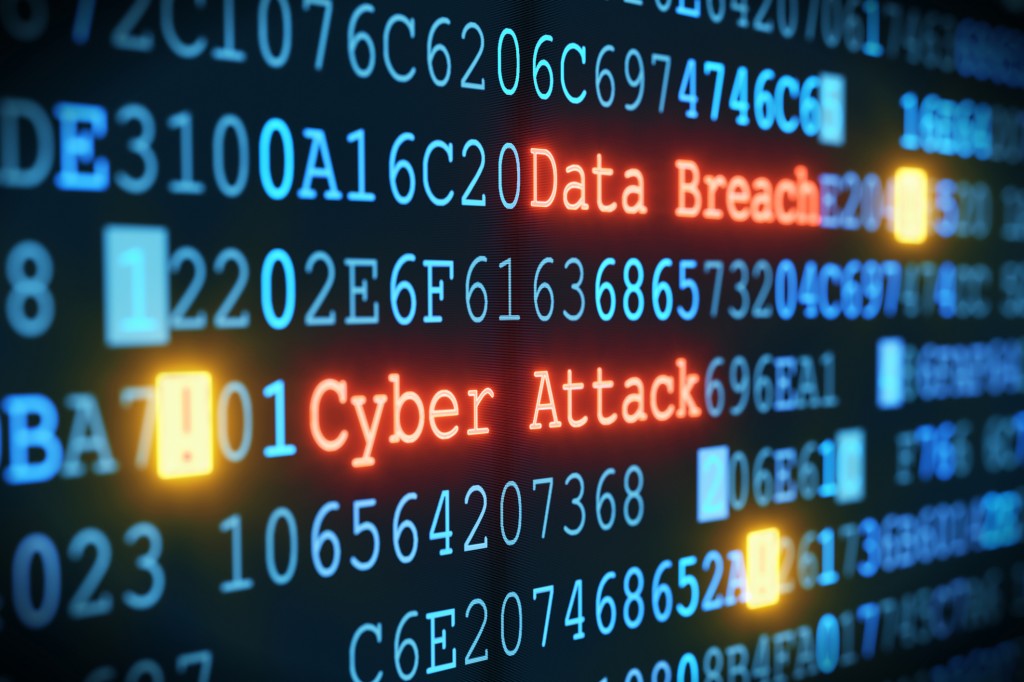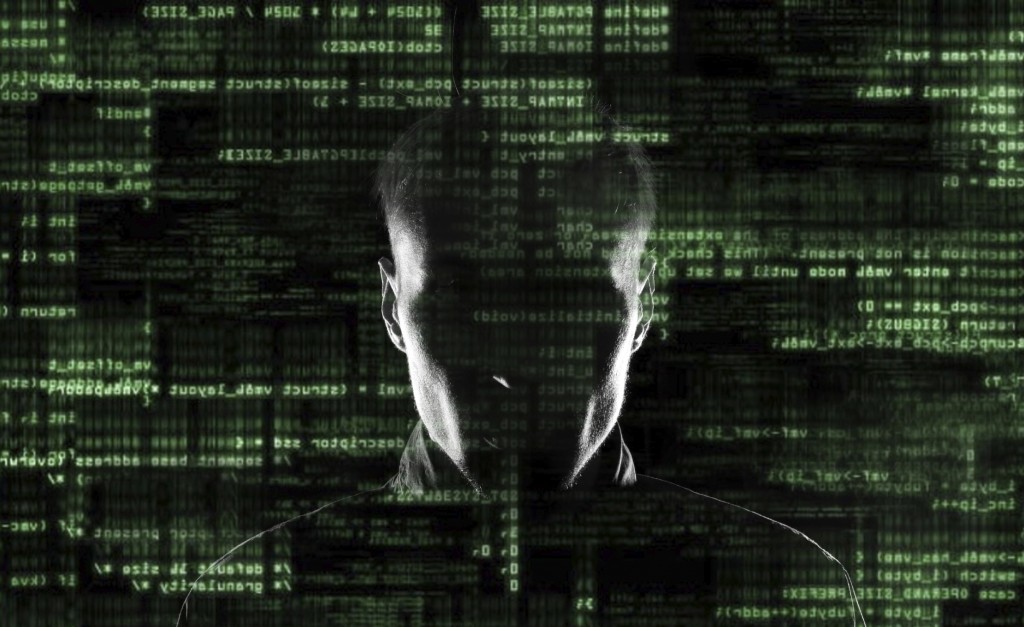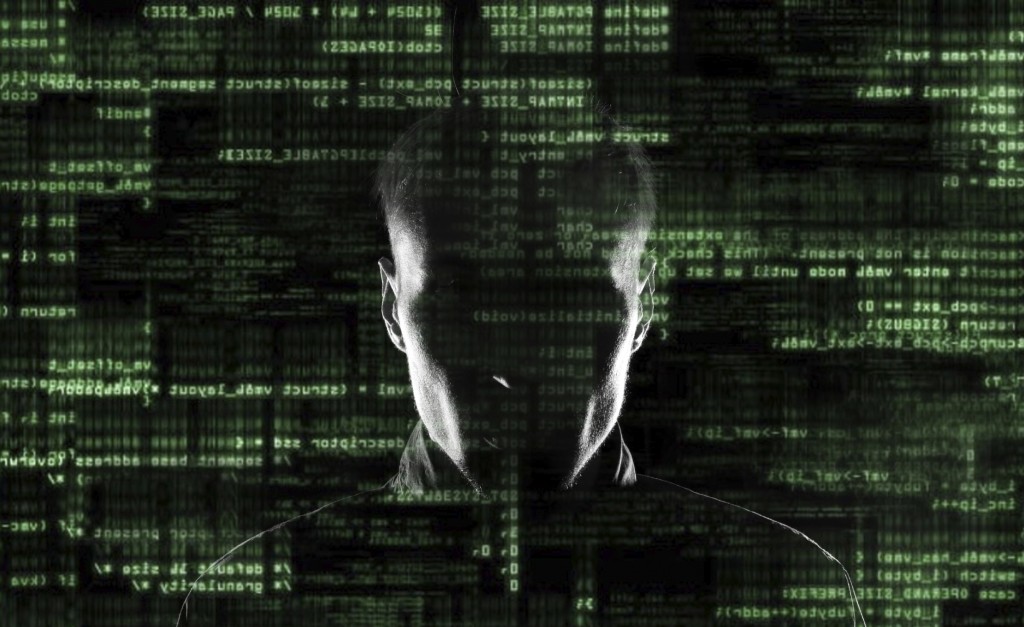In this day and age, ransomware cyberattacks are happening every 11 seconds on various industries, making it a big business – a big business that is estimated to cause $20 billion worth of damage by 2021. Manufacturing and government are the hardest hit according to industry, the United States by country.
Ransomware attacks surged again in the month of June with
Covid-19 related phishing techniques still proving popular with cybercriminals.
Notable attacks include Honda, who had their European operations significantly
affected, and the University of California who reportedly paid $1.14 million to
recover academic data related to its Covid-19 research. Here is a roundup of
the incidents we uncovered:
We start the month in South Africa with telecoms firm Telkom
SA SOC Ltd. We found limited coverage of the incident, but it was reported that
the attack led to outages across several systems with remote staff unable to
connect to the servers or VPN.
Up next is Columbia College in Chicago who were attacked
just one week after the attack on Michigan State University. On the Netwalker
blog the cybercriminals claimed to have exfiltrated very highly- sensitive data
during the attack.
Hackers continued their spree on US colleges when they hit
the University of California on the same day. Important Covid-19 research was
encrypted during the attack and the school paid out $1.14 million to recover
the data.
The City of Florence in Alabama became the next victim on
June 5 when an attack shut down the city’s email system. The city reportedly
paid over $250K to recover the encrypted data.
The next attack took place at VT San Antonio Aerospace, the
US subsidiary of ST Engineering Aerospace in Singapore. The ransomware attack
resulted in the exposure of confidential data including government contracts.
Automotive giant Honda suffered an Ekans ransomware attack
which targeted its offices in the United States, Europe and Japan. The attack
forced many offices to shut down in what was likely the most publicized
ransomware incident of the month.
Earlier in the month Australian beverage giant Lion
disclosed they had been the victim of a cyberattack, they later confirmed it
was ransomware. The company’s data was said to be available on the Dark Web but
at the time of writing the company did not have any evidence of data being
exfiltrated.
Over to New Mexico next where nuclear missile contractor
Westech International was the victim of a Maze ransomware attack. Hackers were
able to access sensitive employee information, but it is still unconfirmed
whether any classified military information was accessed.
Next up is Norwegian shipbuilder Vard, Europe’s first attack
of the month. Local reports indicate that company servers were hit with an
encryption attack which led to downtime. The overall extent of the damage has
not yet been disclosed.
Fisher and Paykel, a whitegoods manufacturer based in New
Zealand disclosed they had been targeted by Nefilim. Although quickly
identified, the hackers did disclose an initial leak of the company’s corporate
files on the Dark Web.
New York company Threadstone Advisors, a mergers and
acquisitions firm whose client list includes Victoria Beckham, were hit by Maze
ransomware. The gang insists that they had exfiltrated and encrypted the
company’s data.
An overnight attack hit the City of Knoxville in Tennessee.
Fortunately emergency services were not affected in the attack but by the time
it was noticed by the IT department the ransomware had already encrypted
multiple systems. Knoxville joins a list of affected cities including Atlanta,
Baltimore, Denver and New Orleans.
Back to Europe now where this time it was European Energy
giant Enel Group. The incident was the work of the Snake ransomware group who
were also responsible for the attack at Honda earlier in the month.
Rhode Island-based Care New England (CNE) was victim of a cyberattack
that hit its servers on June 16. The suspected ransomware attack forced the
shutdown of its website and other internal systems.
Up next is Florida based ConnectWise who hit the headlines
when it was revealed that their partners were hit by ransomware through a
software flaw in their platform.
Electronics giant LG is reportedly being threatened by the
Maze ransomware gang, however at the time of writing no official statement had
been issued by the company.
Closing out the month is another suspected attack on car
giant Mitsubishi. The Doppelpaymer gang are allegedly threatening to leak data
from the organization, although at the time of writing there has been no
official statement from the company.
To read more about the ransomware attacks of 2020, click here.
Call Up & Running Computer Solutions in Corona, CA for help with your computer issues at 951-737-8558. Learn more at our website at www.urcs.net.
Up & Running Computer Solutions proudly serves Corona and all surrounding areas.






